The European Economic and Social Committee (EESC) has unveiled a plan to rescue Europe's steel industry in order to safeguard the EU's strategic autonomy and green sovereignty.
According to the Committee's statement, EU steel production has fallen by 31 million tons since 2018. Imports have captured 27% of the domestic market, while the sector has lost more than 95,000 jobs since 2008, with 18,000 of those losses occurring in 2024 alone. This situation has deepened into systematic failure due to global overcapacity, unfair trade practices, and the collapse of transatlantic trust.
One of the most significant turning points in the crisis was the US decision in March 2025 to impose a 50% tariff on EU steel. This move closed the American market, which had previously absorbed 4.6 million tons of European steel exports annually, while creating the risk of redirecting 27 million tons of global steel flows to Europe. According to estimates, global overcapacity will reach 721 million tons by 2027, equivalent to five times the EU's annual production. The EESC warned that this process could turn Europe into a “last resort dumping ground” for subsidized and high-emission surplus steel.
The statement emphasized that current security measures and trade defense instruments are insufficient. According to the EESC, the EU now needs bold, comprehensive, and permanent trade measures against global overcapacity. Key recommendations under the Committee's Steel and Metals Action Plan include:
Strict import limits should be set (15% for carbon flat and stainless steel, 5% for long products).
Customs duties should be applied universally to all products and countries, including those with free trade agreements with the EU, without any loopholes or exceptions.
To prevent smuggling, the origin of steel should be tracked using “melted and cast” rules.
Rolling quotas should be abolished, and an additional tariff of up to 50% should be applied to products above the quota to send a strong price signal to the market.
However, according to the EESC, trade protection measures alone are not sufficient. Energy prices in Europe are 2-3 times higher than those in China or India, weakening competitiveness. The Committee recommends the following steps:
- Emergency energy price reductions and network tariff refunds for energy-intensive industries,
- Reorganization of the electricity market to decouple fossil fuel prices from electricity,
- Establishment of a special hydrogen financing mechanism to support industrial transformation.
The EESC also addressed Carbon Border Adjustment Mechanism (CBAM), noting that the current regulation will not achieve its objectives. According to the statement, if the gaps in CBAM are not addressed, it will be ineffective, and legal regulations are needed to protect free permits in exports. Furthermore, the scope of CBAM should be expanded to include steel-intensive sectors.
The issue of scrap metal was also one of the prominent topics. EESC drew attention to the rapid increase in scrap exports, which are critical to the circular economy. Iron scrap exports are expected to double, while aluminum scrap is expected to exceed 1.3 million tons. Therefore, it was stated that the Commission should apply strict sanctions against export taxes, tariff quotas, and illegal exports.
EESC reminded that this process directly affects not only the steel sector but also Europe's Green Deal targets and the 2030 Defense Readiness. The statement said, “While the US, China, and India support their steel sectors with protective measures, Europe must show the same determination.”
Finally, EESC called on European institutions, national governments, and industry representatives to implement a joint action plan without delay: “Europe's future strength begins with steel. Delay is defeat!”


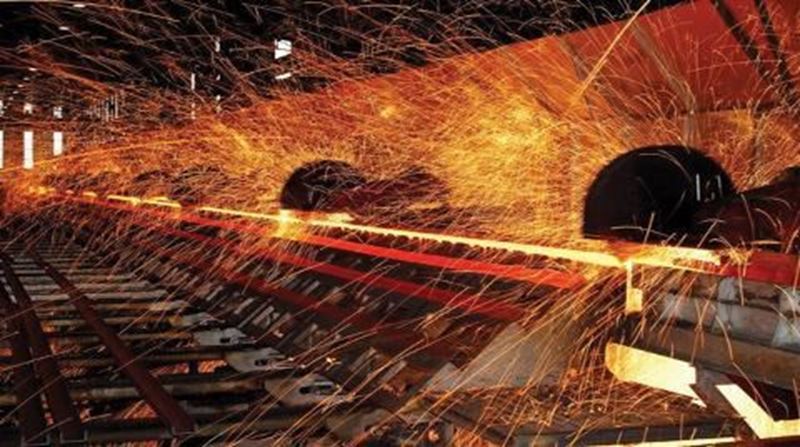

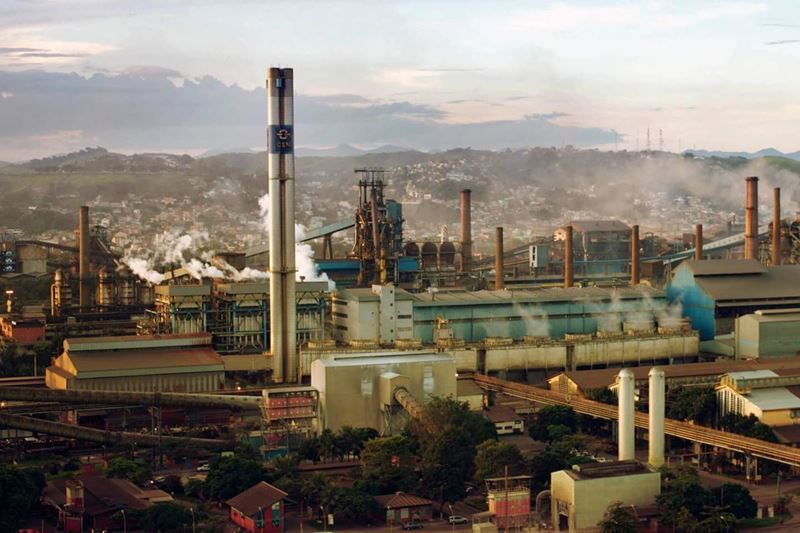
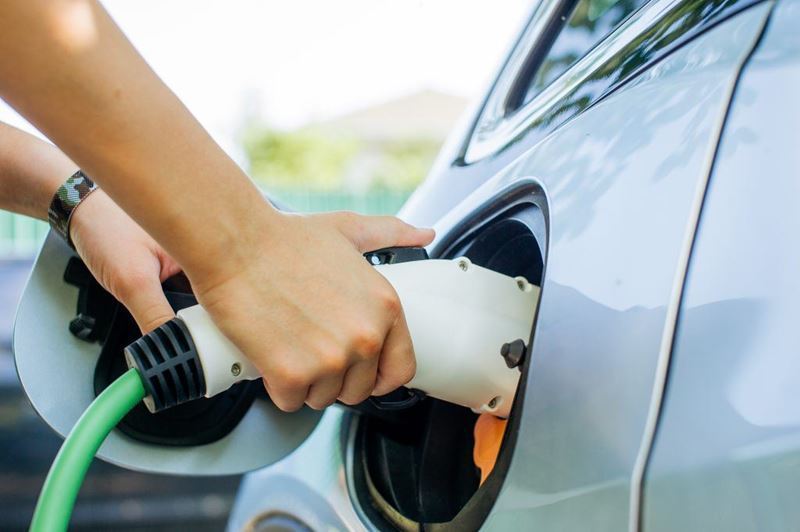
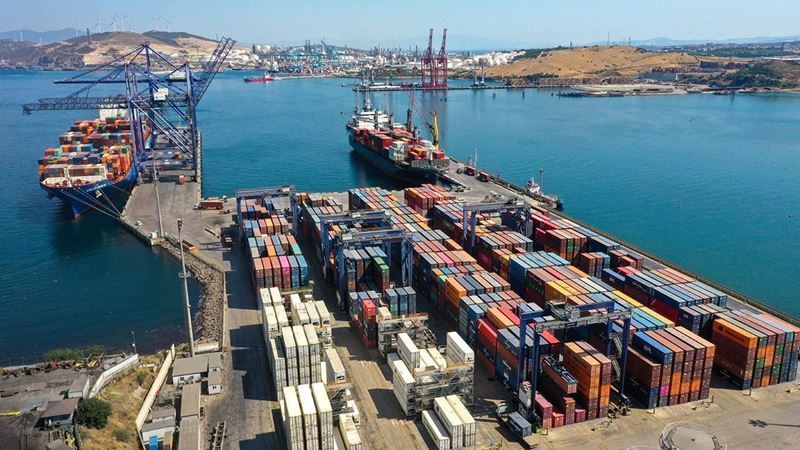
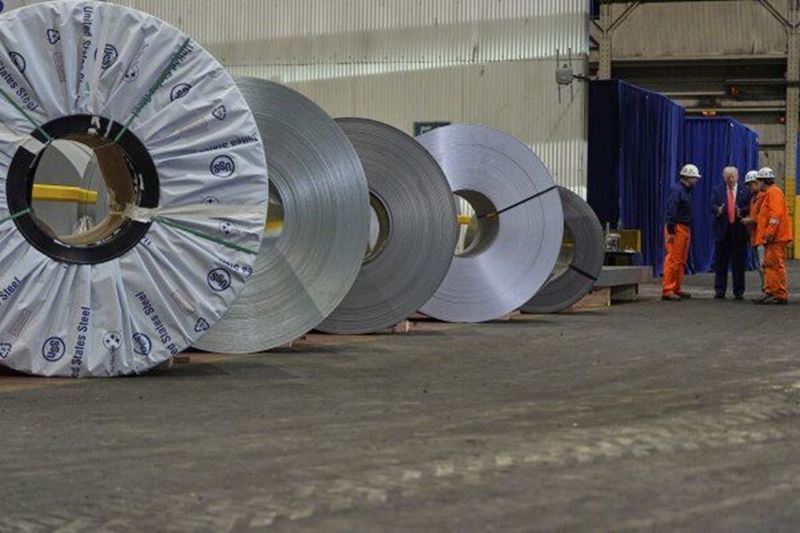


Comments
No comment yet.